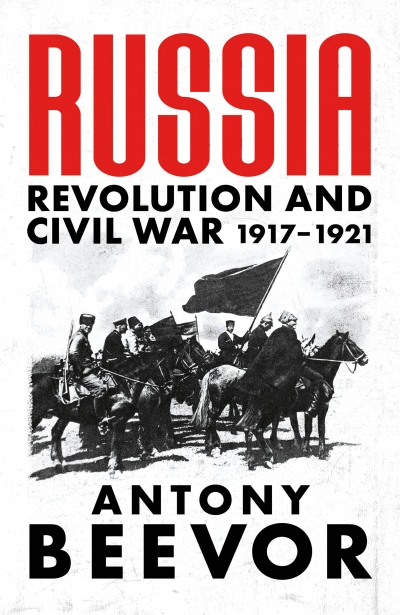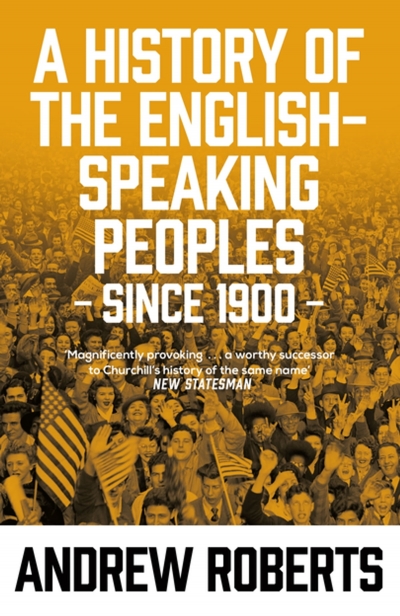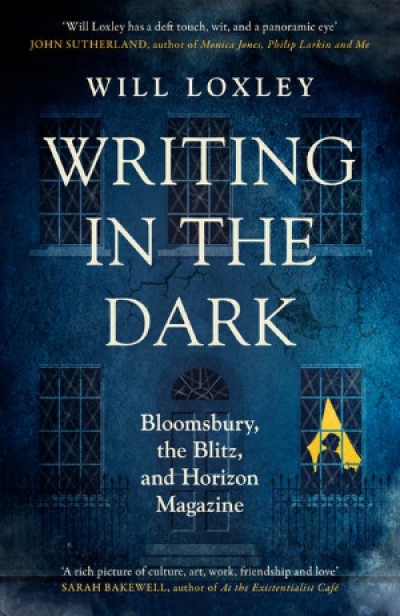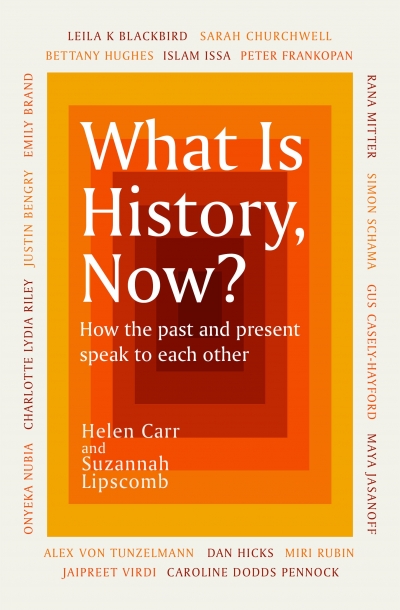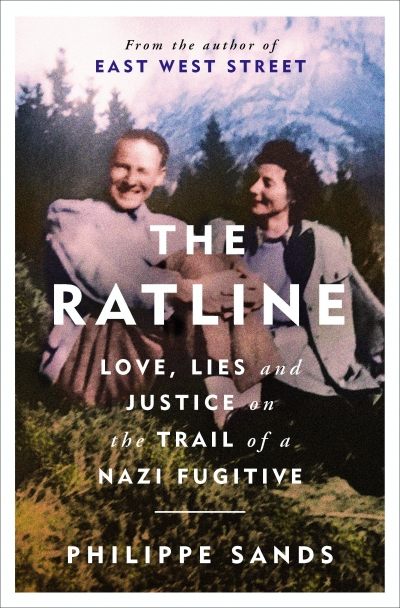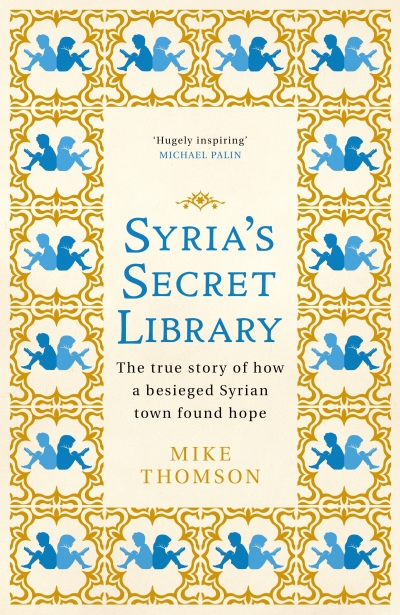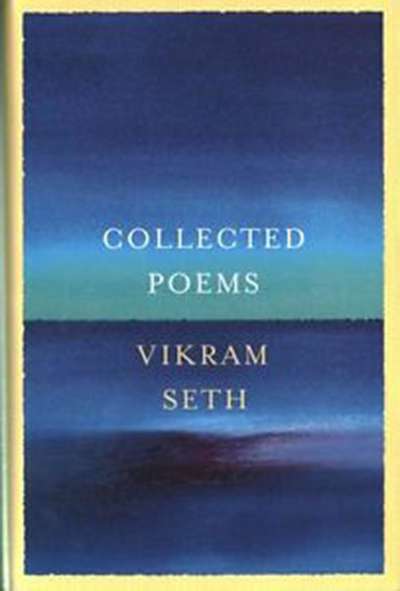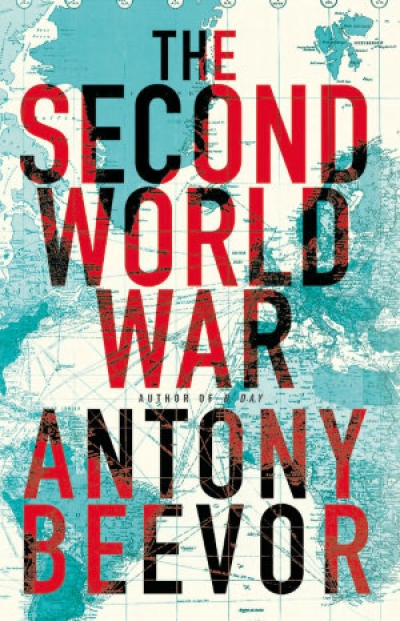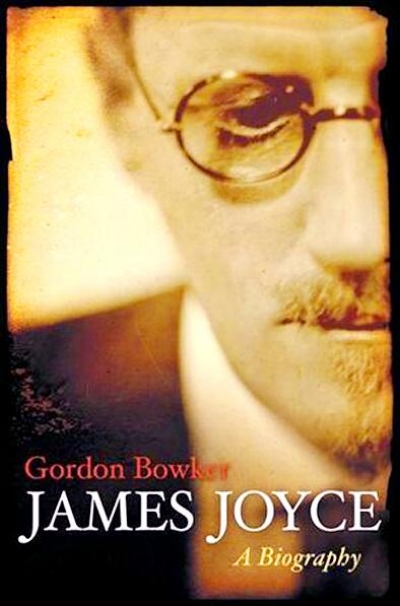Weidenfeld & Nicolson
A History of the English-Speaking Peoples Since 1900 by Andrew Roberts
by Geoffrey Blainey •
Writing in the Dark: Bloomsbury, the Blitz and Horizon Magazine by Will Loxley
by Paul Kildea •
What Is History, Now?: How the past and present speak to each other edited by Helen Carr and Suzannah Lipscomb
by Billy Griffiths •
The Ratline: Love, lies and justice on the trail of a Nazi fugitive by Philippe Sands
by Sheila Fitzpatrick •
Syria’s Secret Library: Reading and redemption in a town under siege by Mike Thomson
by Beejay Silcox •

